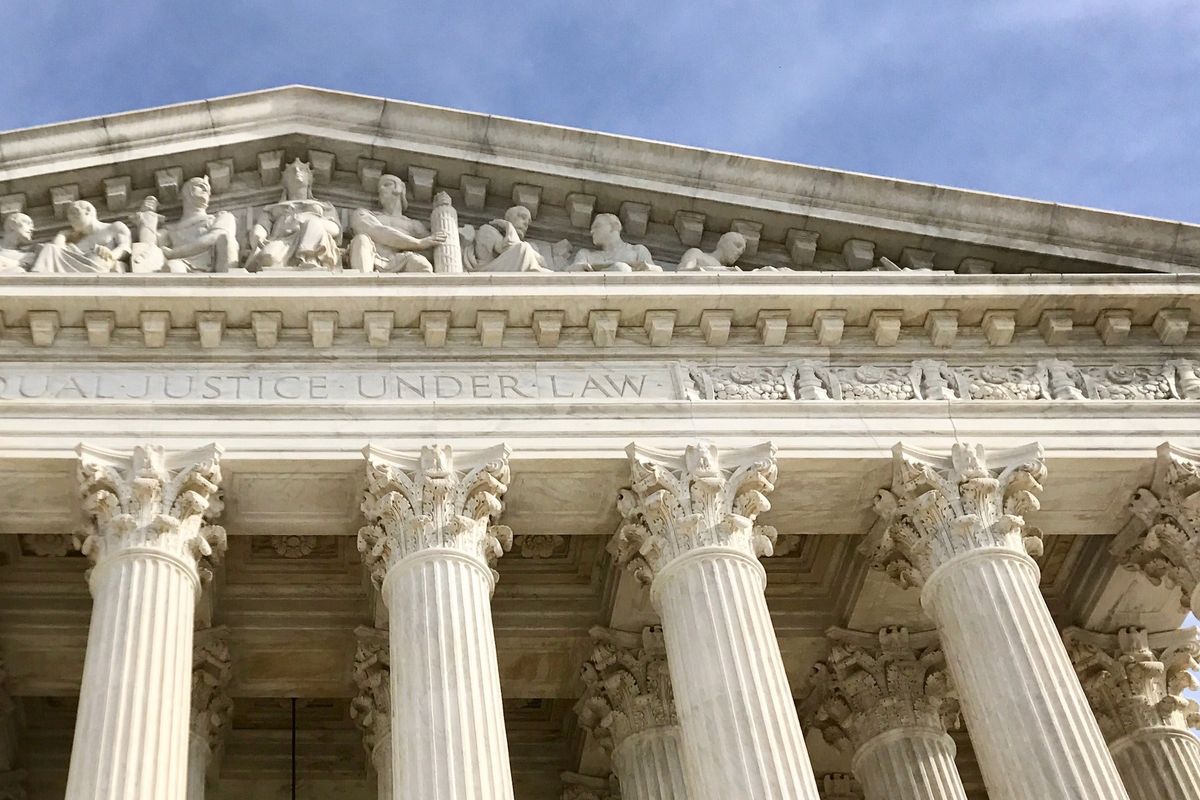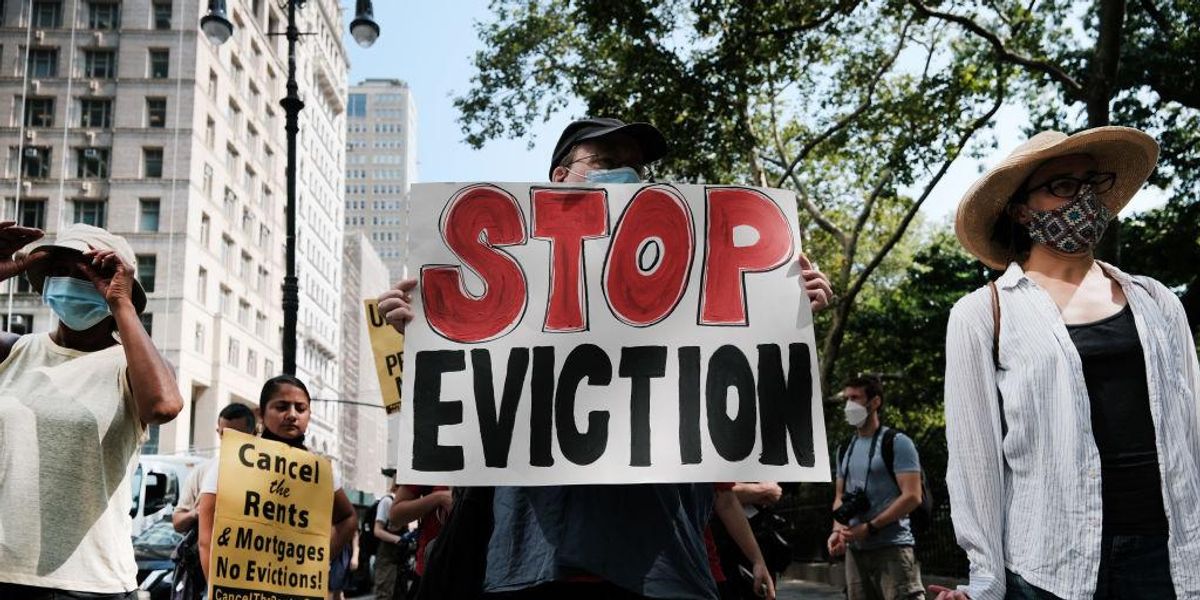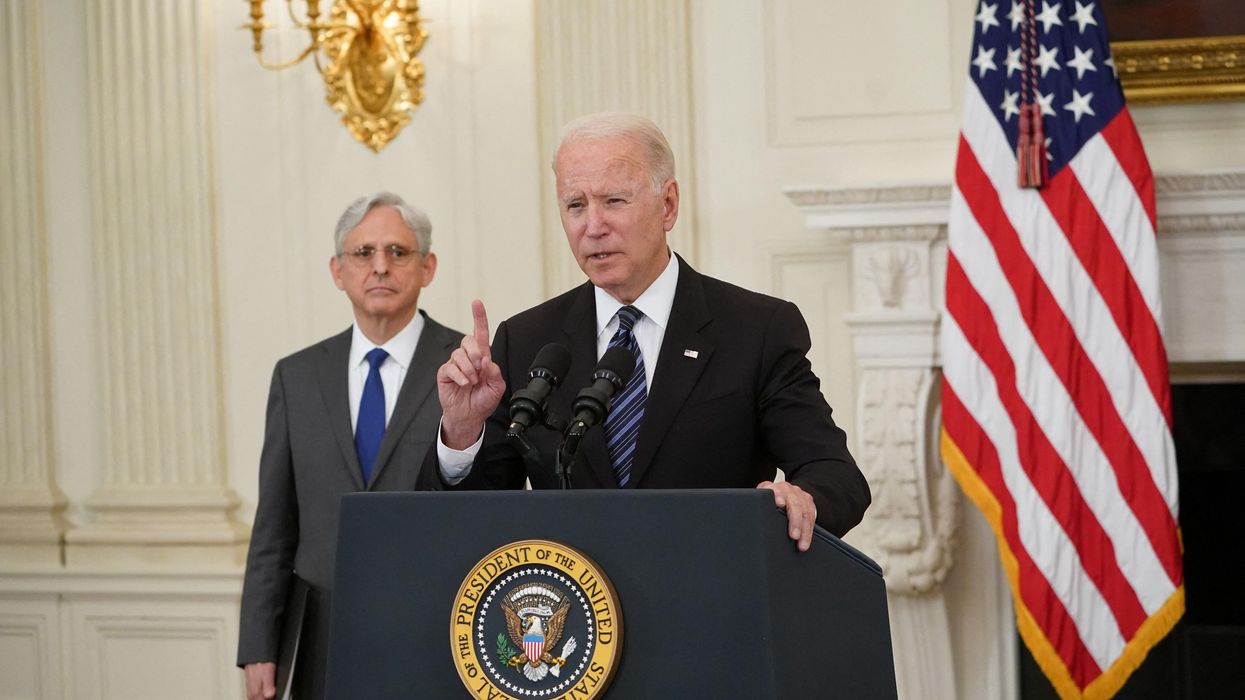
The U.S. Supreme Court on Monday agreed to hear arguments in a case challenging the constitutionality of the Consumer Financial Protection Bureau’s funding, a move that was welcomed by some advocates as an opportunity for the nation’s highest court to protect American consumers from a lower court ruling.
The justices will take up the case, Community Financial Services Association v. CFPB, after a panel of three U.S. 5th Circuit Court of Appeals judges appointed by former President Donald Trump last year sided with the payday lending industry in the ruling by questioning the federal agency’s funding model and thereby its authority.
At issue is whether the CFPB’s annual funding via the Federal Reserve and not Congress violates the Appropriations Clause of the Constitution. Critics of the October ruling argued that the CFPB’s funding mechanism was designed to ensure the agency’s independence.
The Biden administration, backed by Democratic attorneys general in 21 states, argues that the 5th Circuit Court’s ruling “threatens the validity of all past CFPB actions.”
\u201cDespite years of desperate attacks from Republicans & corporate lobbyists, the constitutionality of @CFPB & its funding structure have been upheld. \n\nIf the Supreme Court follows precedent, it will strike down the Fifth Circuit\u2019s decision before it throws our economy into chaos.\u201d— Elizabeth Warren (@Elizabeth Warren) 1677514309
First proposed by then-Harvard law professor Elizabeth Warren, the CFPB was established in 2010 under the Dodd-Frank Wall Street Reform and Consumer Protection Act in the wake of the 2007-08 global financial crisis. Consumer advocates warn that the 5th Circuit’s ruling threatens the constitutionality of the Federal Reserve, as well as agencies including the Federal Deposit Insurance Corporation, the Office of the Comptroller of the Currency, the National Credit Union Administration, the Federal Housing Finance Agency, the Farm Credit Administration, and the Office of Financial Research.
Consumer advocates reacted to Monday’s news by saying the U.S. Supreme Court now has an opportunity to correct what they say is the mistaken logic of the lower court ruling.
“There is no judicially cognizable limiting legal principle that distinguishes between the 5th Circuit’s harebrained assault on the CFPB and potential challenges to Social Security or other financial regulators which are funded outside of the annual appropriations process,” warned Jeff Hauser, executive director of the watchdog group Revolving Door Project.
Maria Langholz, communications director at the online advocacy group Demand Progress, welcomed the high court’s acceptance of the case.
“We are pleased to see that the Supreme Court has agreed to hear this important case and expect a correction of the 5th Circuit’s misguided attacks on the CFPB,” she said in a statement. “In the past twelve years, the CFPB has proven itself as a fierce defender of consumers against unscrupulous creditors that decimated our economy and wreaked havoc on people’s lives. The Supreme Court should reject the Fifth Circuit’s unprecedented ruling, restoring stability to the marketplace and preserving the CFPB’s ability to protect the American people.”
\u201cIf the 5th Circuit is correct that the CFPB is funded unconstitutionally, many other federal agencies\u2014including the Federal Reserve\u2014are also unconstitutional. \n\nSo are federal programs like Social Security and Medicare that are funded in perpetuity. https://t.co/qjVIeiQ465\u201d— Mark Joseph Stern (@Mark Joseph Stern) 1677508306
“Now that it has taken up the case, SCOTUS must move swiftly to overturn this dangerous opinion that could prevent financial regulators, including the Federal Reserve, from doing their jobs to protect American businesses and consumers.”
Revolving Door Project researcher Vishal Shankar called the 5th Circuit’s ruling “a naked attempt by corporate fraudsters to destroy the only cop on the beat protecting consumers.
Shankar continued:
The case was originally brought by predatory payday lenders and is being supported by giant lobbying groups like the Chamber of Commerce, whose members and executives have a shameless history of breaking the law and ripping off consumers. Multiple Republican lawmakers who have praised the 5th Circuit’s ruling—and the far-right judge who wrote it—have taken large financial contributions from these corporate rip-off artists and lobbying giants.
“Following the money confirms what we all know to be true: this case has nothing to do with the constitutional separation of powers and everything to do with destroying an overwhelmingly popular law enforcement agency that has already returned over $13.5 billion in relief to consumers from corporate fraudsters,” Shankar added.
“If the Supreme Court has any respect left for the rule of law,” he said, “it should overturn the 5th Circuit’s radical act of right-wing judicial activism.”
This post was originally published on Common Dreams.



